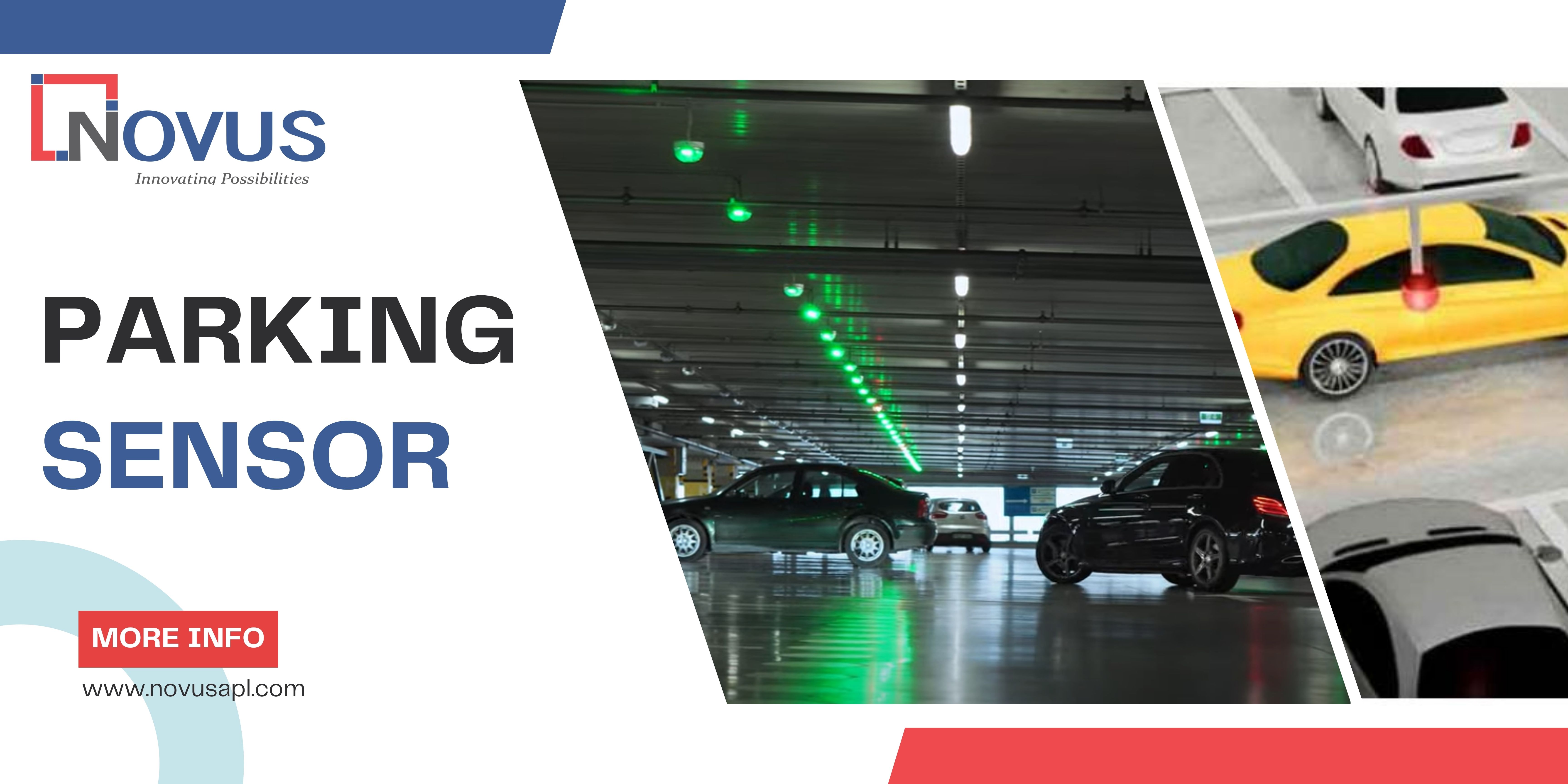
2) The Current Parking Problem
4) Types of Sensors Used in Smart Parking
5) The Impact of Smart Parking on Urban Transportations
Urban areas around the globe are grappling with an escalating challenge parking. As cities become more crowded, finding a parking spot can be a frustrating, time-consuming task. This not only adds to commuter stress but also contributes significantly to urban congestion and pollution. However, the advent of smart parking solutions, driven by advanced sensor technologies, is poised to transform the landscape of urban transportation.
Parking in urban areas often feels like a game of chance. Drivers circle blocks repeatedly, searching for a free spot, often leading to traffic snarls and increased emissions. Studies have shown that up to 30% of traffic in congested urban areas is caused by vehicles searching for parking. This inefficiency affects not just individual drivers but the entire city's transportation ecosystem, leading to higher fuel consumption, increased pollution, and lost productivity.
Smart parking refers to the use of technology to optimize the process of finding and managing parking spaces. At the core of these systems are sensors—devices that can detect the presence or absence of vehicles in real-time. These sensors are installed in parking lots, garages, and even on streets, where they constantly monitor parking space availability.
These sensors are typically part of a broader system that includes data analytics, mobile apps, and cloud computing. The collected data is processed and made accessible to drivers through mobile apps, enabling them to find available parking spots quickly and efficiently. Some systems even allow for advanced booking, ensuring that a parking spot is ready and waiting when the driver arrives.
Despite its potential, the widespread adoption of smart parking faces several challenges. The cost of installing and maintaining sensor networks can be high, especially in large cities. There is also the issue of data privacy, as continuous monitoring of parking spaces may raise concerns among users.
cost of sensors is decreasing, and more cities are recognizing the long-term benefits of investing in smart infrastructure. Furthermore, integration with other smart city initiatives, such as intelligent transportation systems and electric vehicle charging networks, is likely to enhance the effectiveness and appeal of smart parking solutions.
Smart parking, powered by sensor technology, is revolutionizing urban transportation. By addressing the perennial problem of finding parking in crowded cities, it offers a path to smoother traffic flow, reduced emissions, and a more efficient use of urban space. As cities continue to grow, the importance of smart parking systems will only increase, making them a crucial component of the smart cities of the future.
Smart parking refers to the use of advanced technologies, particularly sensors, to monitor and manage parking spaces efficiently. These systems help drivers locate available parking spots in real-time, reducing the time spent searching for parking and easing traffic congestion.
Smart parking sensors detect whether a parking spot is occupied or available. They can use various technologies such as ultrasonic waves, infrared light, magnetic fields, LiDAR, or AI-equipped cameras to monitor parking spaces.
Smart parking systems reduce the amount of time and fuel wasted by drivers searching for parking. This leads to less congestion on the roads, improved traffic flow, and lower emissions, all of which contribute to a more efficient and sustainable urban transportation network.
By reducing traffic congestion and emissions, smart parking systems help cities lower their carbon footprint. Efficient use of parking spaces also supports broader sustainability initiatives by optimizing urban space and reducing energy consumption.
The future of smart parking lies in greater integration with smart city infrastructure, increased use of AI and machine learning for predictive analytics, and wider adoption as cities recognize the long-term benefits. As technology continues to evolve, smart parking systems will become more cost-effective and efficient, making them a standard feature in urban areas around the world.
Accelerate Your Business with Novus Automation
Become a Partner